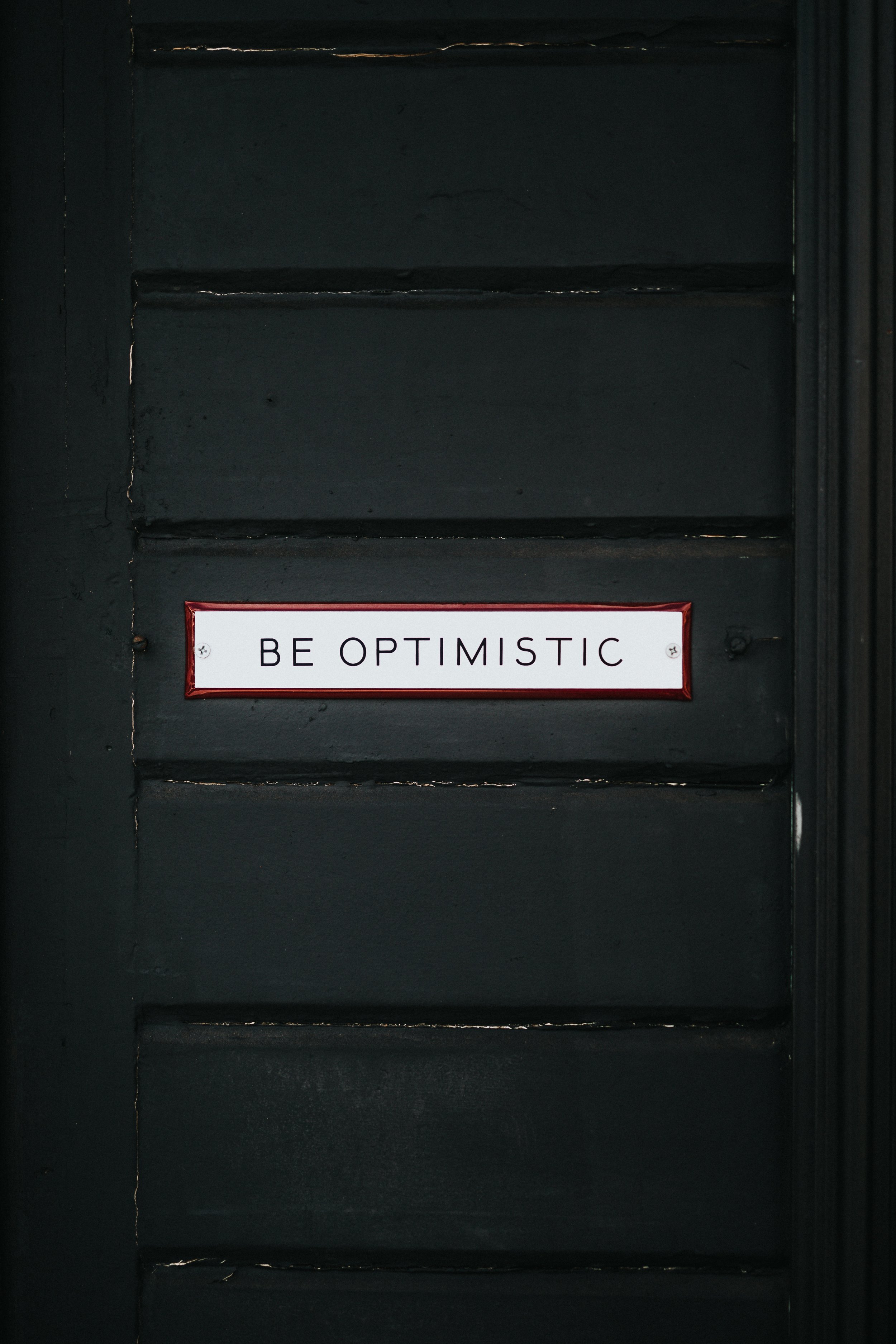Goodhart's Law and the Church
On a recent episode of Planet Money entitled The Laws Of The Office, they bring to light Goodhart’s law. The hosts define Goodhart’s law in this way, “if a company decides to measure something, workers will find a way to respond with good numbers.”
https://towardsdatascience.com/unintended-consequences-and-goodharts-law-68d60a94705c
The Wikipedia entry quotes Marilyn Strathern who summarized the law as: "When a measure becomes a target, it ceases to be a good measure."
This got me thinking about the Church, specifically when the Church decides to measure things. Like other organizations, the Church measures a number of inputs in an attempt to get a full picture of the state of the Church. If Goodhart’s Law is true, once we choose a measure to measure our Churches, it is no longer a helpful measure because people will find ways to respond with good numbers.
In theology terms, this is called living under the Law. Living under the Law means that when we find ways to measure, humans, who are susceptible to Sin, will find ways to look good under the parameters of the Law. Knowing where we stand in relation to others is a key characteristic to Law living.
The Gospel smashes these hierarchies and comparisons. The Gospel proclaims that everyone is forgiven and make whole. This leveling of the playing field is met with great suspicion when we live under the Law (how can we know who is the best or at least who has “earned” the honor we give them?) Recall when Jesus’ parable of the workers who each received the same wage regardless of hours spent working? Or the idea that the first will be last and the last will be first? Jesus proclaimed a Gospel of freedom from the Law.
Even Goodhart’s Law.
Trading Hope for Optimism
Dr. Namsoon Kang shared in a recent class the difference between optimism and hope. Dr. Kang noted that optimism is rooted in data. That is when there is a lot of bad news, we might look for data to give us a reason to be optimistic about the future. Data is the basis for our silver linings and we become dependent upon the data to keep us optimistic.
If the stock market is up or our candidates poll numbers are high, then we remain optimistic about our future.
Do we want to settle for optimism? Photo by Nathan Dumlao on Unsplash
It is interesting that if we are not able to find the data to counterbalance the bad news, then we have little to be optimistic about. Thus data is the root of both optimism and pessimism. Data, in our world, has become the idol we look toward to help us make sense and directs us how to feel.
Hope is not rooted in data. Which may be why materialists, skeptics, and many non-theists struggle to be hopeful. If we look for data before we decide to be hopeful then we are not looking for hope, we are looking for optimism. Hope is not rooted in data, it is rooted in the struggle.
Christianity does not talk about optimism at all. Christians are not optimists, we are hopeful. Christians do not dismiss data, for instance Christians ought to be concerned about the recent data of the warming earth. However bad this data is, Christians remain hopeful because the struggle to live with this new reality and change behavior is what we hope for.
The reality is too often we Christians are trading hope for optimism. We are giving up our hope because the data convinces us that the future of the church is not great. Hope and optimism are not interchangeable words/ideas. The struggles in the church now and in the future may not breed optimism, but will surely produce hope.
Feelings are data not directions
In a radio episode on KERA Think, Harvard Medical School psychologist Susan David shared a little insight about emotions. She said that emotions provide "data, not direction."
The point being, in part, that humans have evolved overtime with emotions that give us feedback on something going on inside of us. So if we are feeling angry, then it is our own bodies that are giving us data for us to use for self reflection.
For instance, if you are angry that someone cut you off while driving you have the option to receive that anger as data or as direction. If you are a anger=direction sort of person then you may end up driving fast in order to tailgate the one who cut you off, or you may redirect your anger toward to dog at home and kick him for barking.
However, if you are a anger=data sort of person you may feel that anger and reflect on the reality that you are a person who does not like being disrespected of and you feel angry because someone's actions were disrespectful. This data may then lead you to consider if you want to keep getting angry at every slight or if you would like to do some soul work on dealing with why respect is so important to you.
To live with the understanding that emotions provide data, not direction is to live more in line with the spiritual life. To put it another way, it is important to know who you before you know what to do.

Be the change by Jason Valendy is licensed under a Creative Commons Attribution-NonCommercial-ShareAlike 3.0 Unported License.





